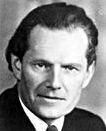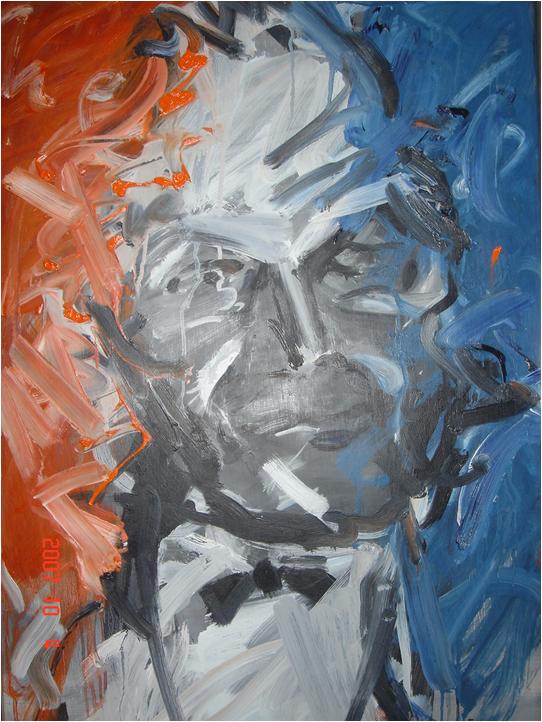|
What is it about the above “non-resistance” passage that is so alien to our normal conviction that active resistance is the right thing, courageous and necessary? What Jesus said here, a Jew and respected and even feared lecturer in synagogues and large Jewish gatherings at the time, was not an expression of capitulation to the enemy and to deceivers, it was an expression of the moral power of peaceful resistance, patience, forbearance, and even personal sacrifice, rather than reflexive retaliation. For Jesus, every conflict and crisis was a teaching moment.
Shall we say then that resistance is futile and unjustified?
A movement from violent response toward peaceful but firm example was clearly a major change of viewpoint from the Old Testament to the New, but this was because Jesus focused on spiritual and eternal values, not temporary earthly concerns. Jesus did plenty to heal and reduce suffering, but while he described himself as a “Sword” that would split the nations, that was in the Spiritual realm. Godly conduct demanded being above the violence to lead by example and righteousness, even in the midst of evil.
Another note: “turning the other cheek” actually refers to not retaliating for a backhanded slap to the right cheek by a right-handed assailant, it does not refer to a direct blow so much as it refers to an insult that should not inspire retaliation. This does not undermine the peaceful message, but it also does not undermine the fact that “justice” will will eventually be done, on earth or in heaven, leaving the issue of punishment for God rather than ourselves.
Turning the other cheek does not undermine our need to defend the defenseless. We are to resist evil in the protection of and compassion for the weak, and this goes especially against terrorism, which preys on just those people.
|

